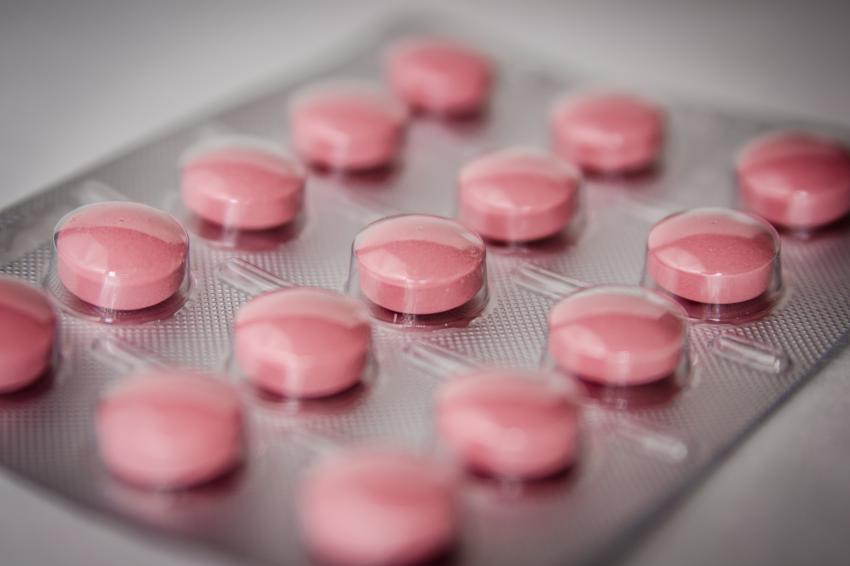WHO Halts Covid Trials with Chloroquine
France bans the application
A more or less global consensus now appears to have been reached that the 86-year-old malaria drug chloroquine or hydroxychloroquine is not an effective treatment for Covid-19.
Following publication of results from inconclusive or unsuccessful clinical trials with hydroxychloroquine, the World Health Organization (WHO) has temporarily removed the malaria drug from its own trials, pending a review of safety data.
The WHO’s move this week prompted US presidential advisor Anthony Fauci to drop earlier references to “anecdotal evidence” about the drug’s potential and state definitively that “the scientific data is really quite evident now about the lack of efficacy.”
While Fauci, who heads the US National Institute of Allergy and Infectious Diseases (NIAID), stopped short of recommending that the drug be banned from treatment of Covid-19 in the US, France has now moved to block its use in this application.
"Whether in town or in hospitals, this molecule should not be prescribed for COVID-19 patients," the health ministry said. Hydroxychloroquine is also prescribed for rheumatoid arthritis and lupus. Patients suffering from those disorders were unable to get prescriptions filled, due to speculative hoarding.
France was the original source of claims about hydroxychloroquine, Marseilles infectious diseases specialist Didier Raoult touted it in right-wing alternative circles and in the media generally as a miracle cure for Covid-19. The claim was repeated frequently by US president Donald Trump, who most recently said he was taking the drug as a prophylactic.
On the maverick doctor’s advice, France initially authorized limited use of the medication for patients in serious condition and included it in several clinical trials. However, these tests did not reproduce Didier’s findings, and some of the participants died.
After the publicity offensive from the White House, the US Food and Drug Administration (FDA) also approved hydroxychloroquine for emergency use, but later warned that it could be an unacceptable for patients with pre-existing conditions such as cardiac disease. In another apparent about-face, however, the FDA again softened its stance on the drug after Trump said he was taking it.
WHO’s epiphany followed last week’s publication in the UK medical journal The Lancet of data from hospitalized patients that determined the malaria treatment did not help patients fight Covid-19, but did increase the risk for heart problems and death.
The study, funded by Brigham and Women’s Hospital in Boston, found that between 16.4% and 23.8% of the approximately 15,000 patients treated with hydroxychloroquine – either alone or in combination with an antibiotic – died, depending on the regimen. In comparison, a little more than 9% of hospitalized patients who got the placebo died.
According to the WHO, over 400 hospitals in 35 countries had recruited patients for trials and nearly 3,500 patients from 17 countries had been enrolled under the Solidarity Trial to evaluate the safety and efficacy of four drugs and drug combinations against Covid-19
In reaction to Trump’s praise of hydroxychloroquine – on national television – in March, pharmaceutical companies that have the drug in their portfolio rushed supplies to the US for clinical trials.
Bayer, which invented chloroquine in 1934, was the first to donate, offering three million doses. Switzerland’s Novartis Israeli generics producers Teva and Netherlands-headquartered, US-managed Mylan all followed suit, offering to deliver tens of millions of tablets.





